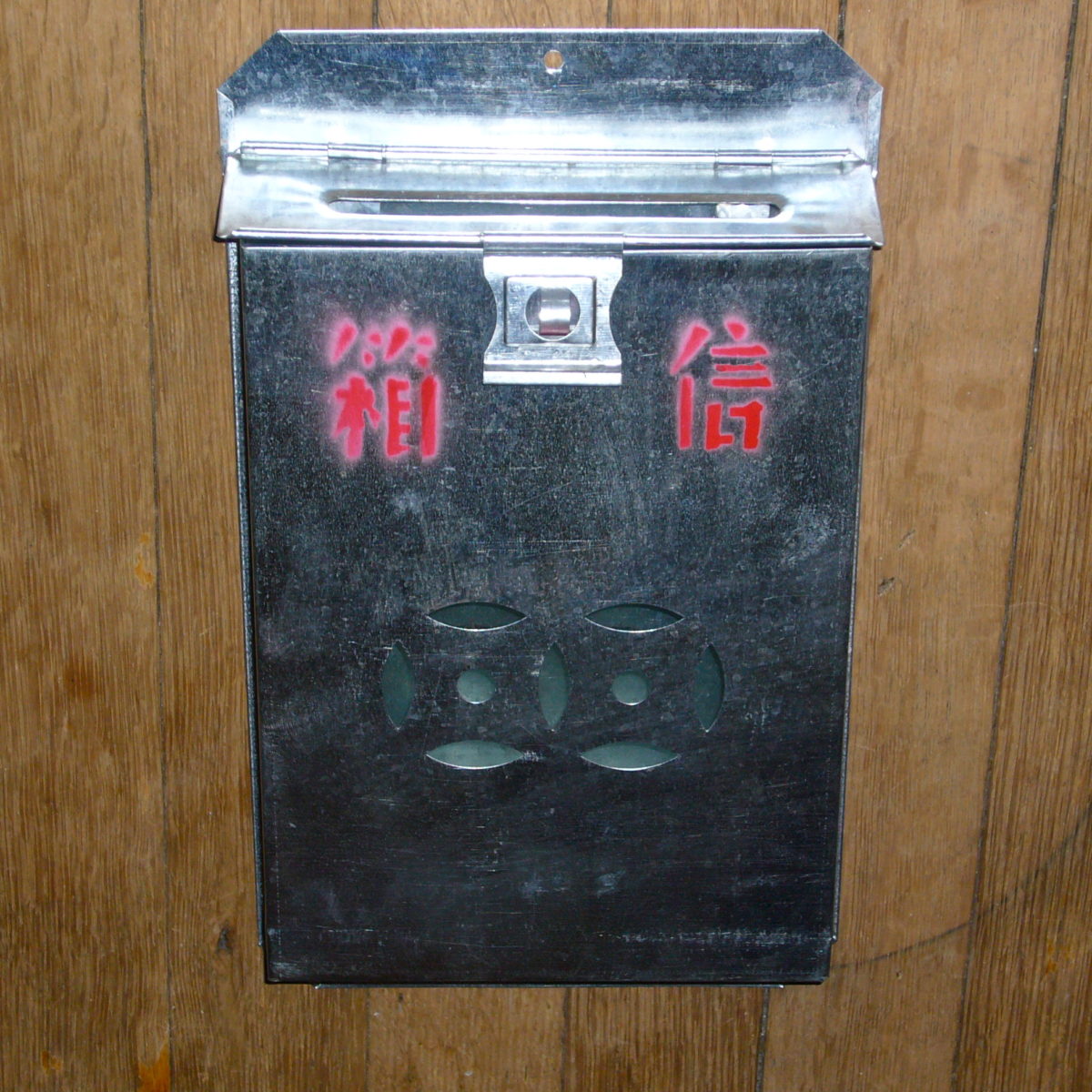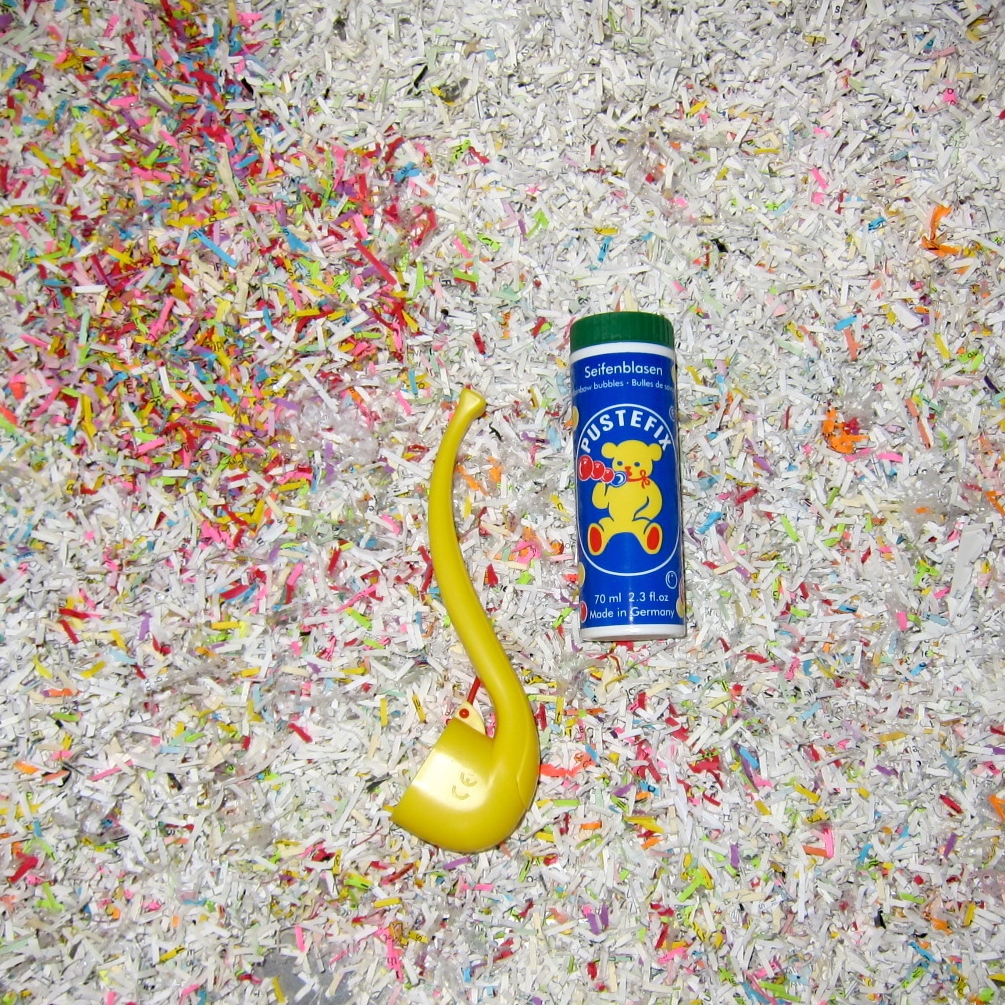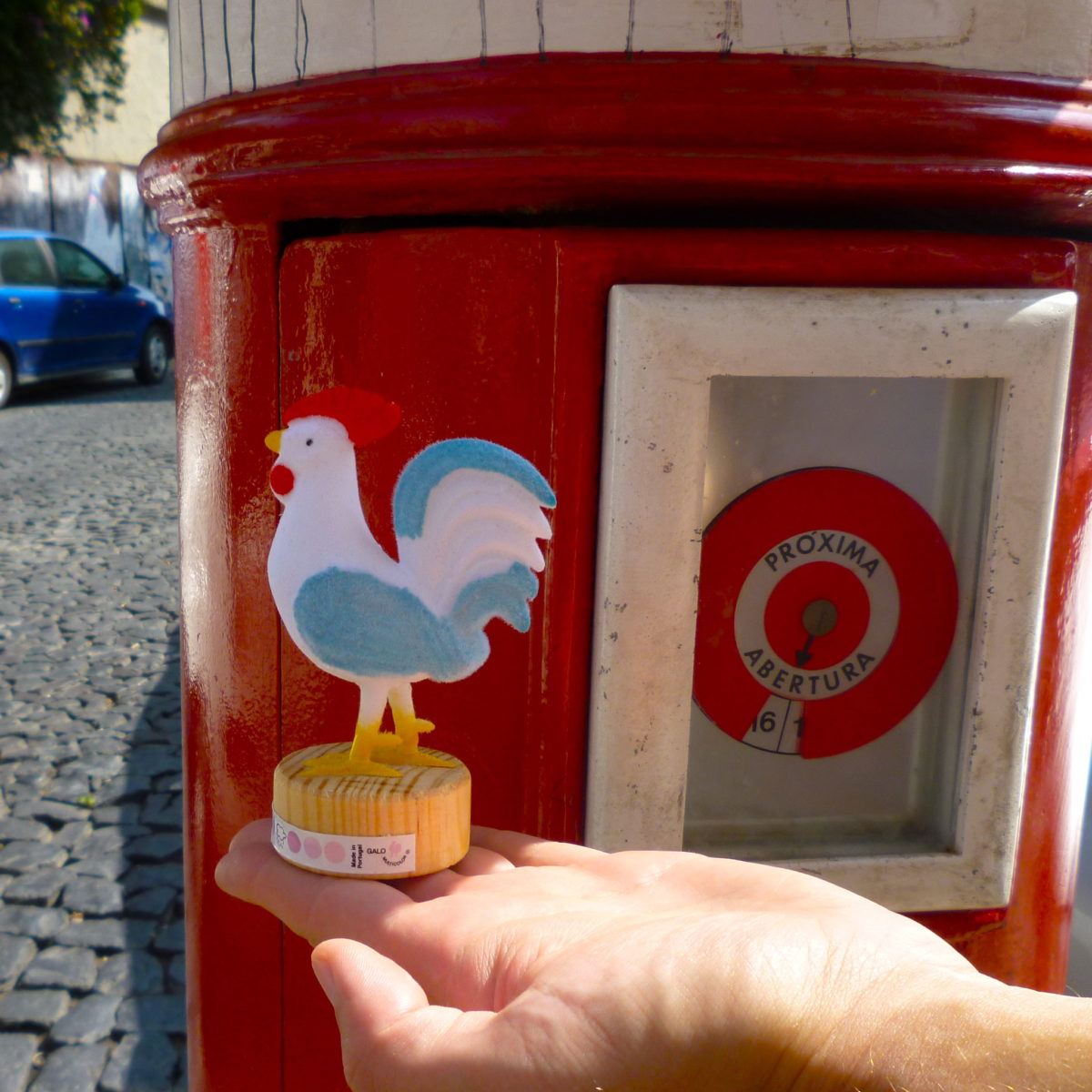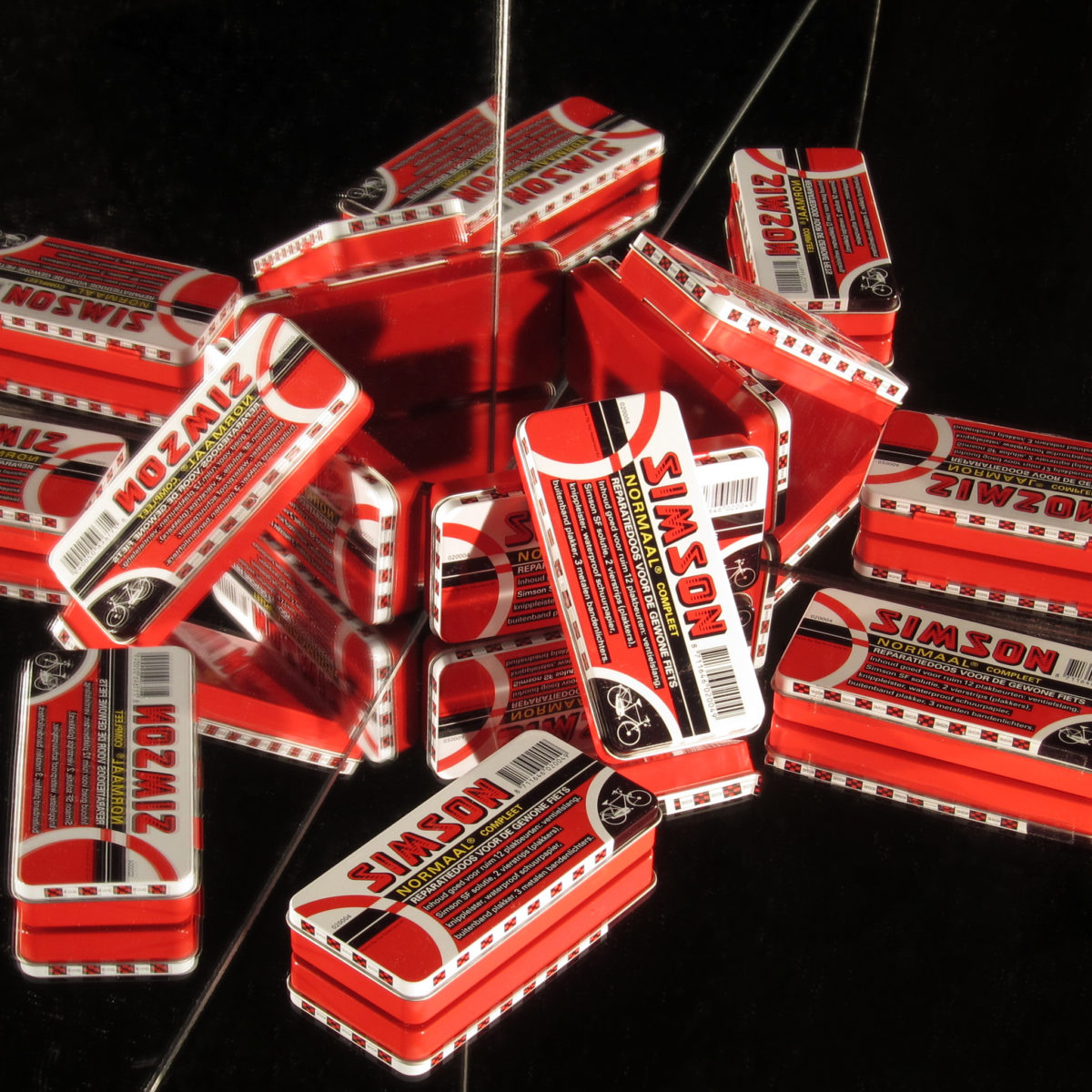Interview: KIOSK Co-Founder Alisa Grifo On The Power Of Objects & Working With The ICA
By Something CuratedImagine spending your days gallivanting across the globe, with the sole purpose of adding to an archive of the world’s favourite everyday objects. Alisa Grifo and Marco ter Haar Romeny do just that with KIOSK, a roaming art and retail project they’ve run since 2005. The idea? Collect, share and sell the affordable household items that are ubiquitous in their home countries, and unfamiliar (though totally appealing in others.) The result is a neat collection of much-loved wares, from cheese graters to good-looking door mats, childrens toys and fashion accessories. KIOSK’s latest collaboration is with ICA, who are housing 35 objects from the collection – and selling them too.
We spoke with Alisa Grifo, co-founder of KIOSK about some of her favourite items – and unpicking what’s specific about London tastes.

Something Curated: What’s your favourite object in the collection?
Alisa Grifo: The Greek Stove, as it saved my cooking when we were living in a house with electric cooking rings which just don’t hold up! I’m a big believer in gas as I can’t get anything to brown properly with electric. I know it’s wrong environmentally … we all have our vices. For work, the Metal Tape Dispenser. When we had a store we had to pack up so many web orders, it really helped me breeze through them. For my mind, the Rainbow Prism; every time I see the rainbow it makes I get a huge boost, one of those weird things.
SC: When you arrive in a new place, what kind of items do you look for?
AG: I look for totally basic items that are unfamiliar and in some way speak to me. I’ve been looking at and working with objects my whole life so I now have a pretty good gage on the world of object.
SC: Were any of these objects particularly hard to acquire?
AG: About 50% are a huge amount of work and headache, if you want to know the truth. Sending things in and out of countries is difficult and there are so many steps along the way. However, I really can say I love every person and supplier we work with. If I don’t, we drop the item no matter how much money we can make from it. This has only happened about 10 times out of over 1300 objects. I think, given the type of things we focus on, we associate with the right people.

SC: How did you decide which items to include in the London KIOSK?
AG: We lived off Well Street in Hackney for the year prior to Stefan [Kalmár, Director of ICA] inviting us, and when he asked us to do the project I sat down and thought about what we experienced in London and who we met. Somehow these objects are my response to the year, what I thought visitors to the ICA could use and what people in London could use. I am most surprised by how well the cheese grater is selling and how little the watercolours are. It’s totally fascinating to see the response!
SC: You started the project in 2005 – has the mission of KIOSK changed over the past 12 years?
AG: Yes, when we started I really felt the world of manufacturing and objects was becoming homogenized with the production moving to Asia. Now it has largely moved. Our work has become harder in the places we have gone to – such as the States and Europe. To continue with new collections in the same way we need to travel to less travelled countries, but even there one finds largely Chinese goods.
This will likely change again as the production in China changes and the costs of shipping increase due to regulations, tightening of borders (which is sadly happening now) and increased environmental controls – but over time. Our past mission was to change the retail environment, to get people to consider how and what they are consuming, to consider the common goods. This has been picked up by companies and largely distorted into “heritage” products which are most often false and simply a marketing ploy. Our current mission is to simply open people’s eyes to the world around them. The internet can only take you so far. Our soft motto is “Look up, down and around … When you open your eyes fascination is everywhere.” And I really believe it. Look out the window and see what you see.

SC: Do you have a physical archive of all the 1300+ objects?
AG: Yes we do. How did you know? Right now it’s safely packed in storage. One of my missions for 2018 is to find it a good home as it should be on view and accessible to people. We didn’t collect the objects to put them in a vault! I’d like to keep adding things to the collection in its new home, see it grow and people be inspired by the things and as such each other.
SC: Where in the world would you like to search for objects next?
AG: Arles and the Camargue, the Himalayas, Indonesia, and Tonga as it was the first place I ever travelled to on my own. Peru, Bolivia … but I’ll pretty much go anywhere, just to get me off my devices!
SC: You mention the increasing tightening of borders. To what extent do you think KIOSK is a political project – and do you think it could become more so?
AG: KIOSK has always been a political project, we express and do exactly what we believe in, our beliefs are the first priority, and the goal is to impress our ideas onto people. Yet, also, KIOSK can be taken as purely enjoyable. I mean you’re shopping, you’re consuming, and people like to consume. We all like to have a good time. I believe people don’t necessarily need to join phone banks or protests to make a difference, although those things are valuable and needed, it’s not for everyone all the time. We as humans need a balance between the fight and the joy to be productive – and both can be political if we go with that intention. Sometimes we need some water on the fire. Different approaches.

When we began, our goal was to support independent producers; we wanted to change the way people were consuming and to reflect on this area of their existence in a different way. We realised, if we were to do the project in the United States then the best way to the heart of the American people is through consumption. It worked pretty well. Now we are looking for where to next settle the project and thinking about what subject we want to address and in what form. I still believe KIOSK can make a giant impact in retail in the United States but to do so it’s necessary to do something on a large scale. I’m not sure that’s my calling, although I am 100% certain retail needs to be entirely re-thought, to “get out of the box”, pun intended. It’s dying and being monopolized. It’s a problem. We must remember that every dollar spent can be a political action.
Interview by Stevie Mackenzie-Smith | Images courtesy KIOSK